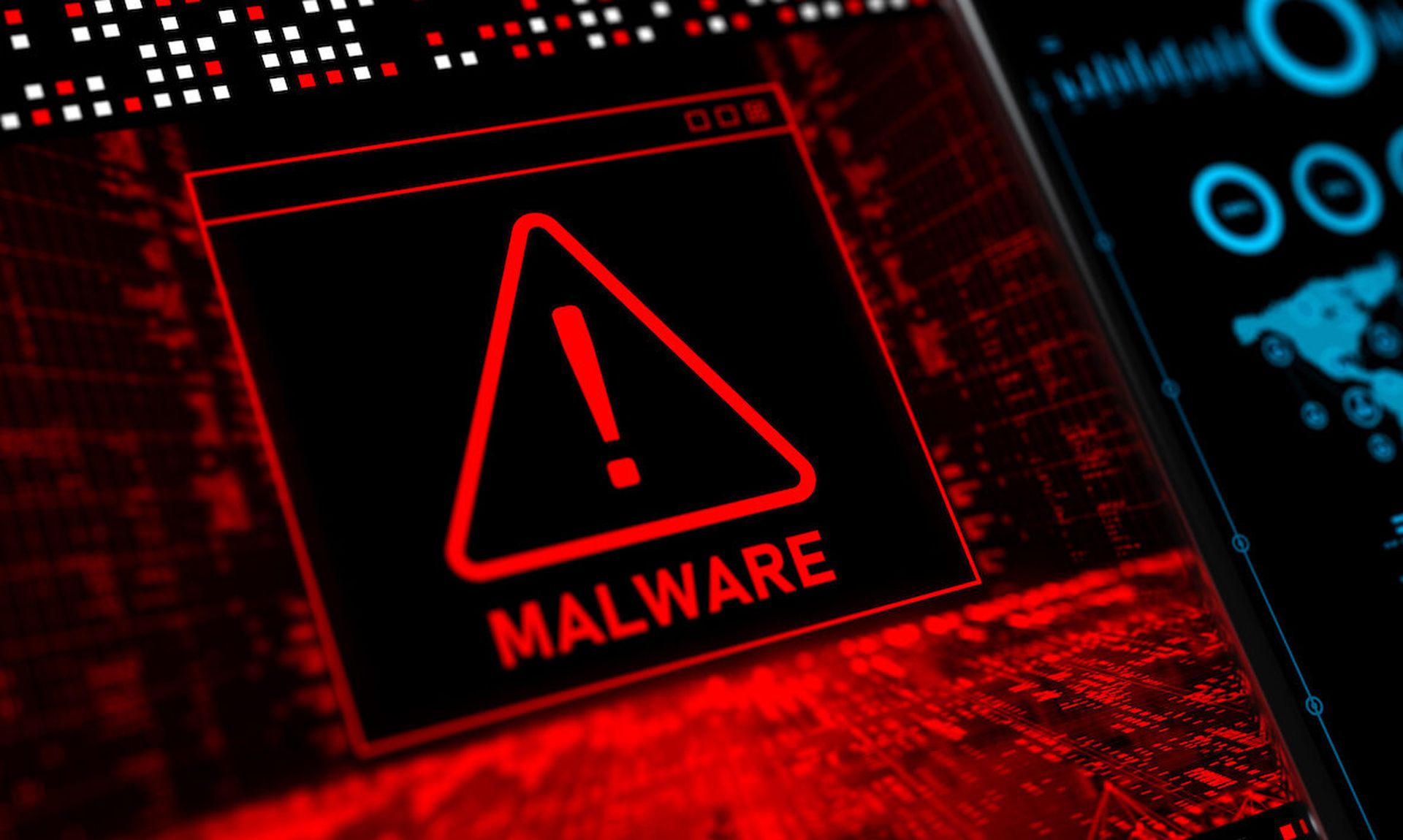NATO Secretary General Jens Stoltenberg said a cyberattack on a member state could trigger the defense organization's mutual defense agreement possibly resulting in a joint, conventional response to the attack.
Stoltenberg made this comment, Reuters said, during an interview with the German Bild newspaper. He told Bild the type of response would depend on the severity of the cyberattack. NATO officially recognizes cyber as an official warfighting domain and its member states have agreed to a joint defense against such attacks.
U.S. officials are also debating the proper response to a cyberattack. In May Sen. Mike Rounds (R-S.D.), a member of the Senate Armed Services Committee (SASC), introduced The Cyber Act of War Act of 2016 that asks the administration to define whether a specific cyberattack would and would or not be considered an act of war thus enabling the United States to respond appropriately.
Part of the problem facing NATO and the U.S. would be determining the culprit in any attack.
“The asymmetric nature of it (cyberwarfare) makes it hard to determine the culprit,” Stratfor Security analyst Tristan Reed told SCMagazine.com, adding that for “most cyberattacks any conventional military response would be considered over the top.”
Stoltenberg said to Bild any response, be it cyber or kinetic, would only come after a consensus among NATO members is reached.



